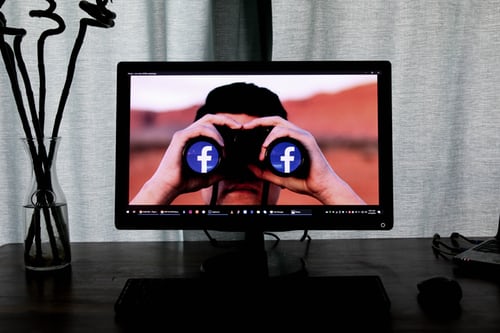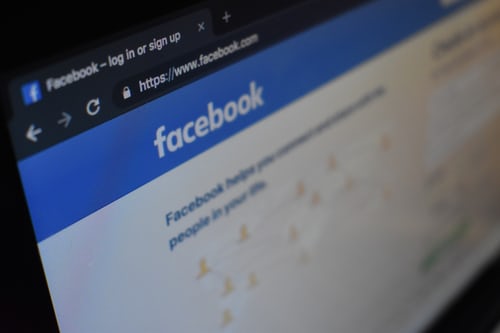Do you ever worry about how much personal information is out there on the internet about you? There’s probably more than you think. What could be found out about you in a few keystrokes? Could someone find out your address, email, birthday, credit card numbers, or even your Social Security number? Here are a few suggestions on ways you can protect your personal privacy from cybercriminals with malicious intent.
Use A Virtual Private Network (VPN)
 When you browse online are you protected? By using a virtual private network you will be protecting yourself online and have truly anonymous browsing sessions. Virtual private networks use a connection that is called a tunnel and they are incredibly difficult for hackers and spammers to infiltrate to obtain data on a person while they are online. Plus, as the data is encrypted, even if they do infiltrate the tunnel, they cannot read what is being sent over the internet anyway.
When you browse online are you protected? By using a virtual private network you will be protecting yourself online and have truly anonymous browsing sessions. Virtual private networks use a connection that is called a tunnel and they are incredibly difficult for hackers and spammers to infiltrate to obtain data on a person while they are online. Plus, as the data is encrypted, even if they do infiltrate the tunnel, they cannot read what is being sent over the internet anyway.
Use and Update Anti-Virus Software
Whether you are on a laptop, desktop, tablet, or phone, you should be using anti-virus software. Anti-virus software essentially helps prevent intrusion into a computer by an unwanted party. It does so by identifying a computer’s weak spots and adding strength to those access points. It is important to note that it is not good enough to merely install the software but also to update it when possible or even install patches that are recommended by the manufacturer. This will protect your computer, and thus, your data more protected from intruders.
Use Strong Passwords
It goes without saying that using your mom’s maiden name, your dog’s name, or your phone number as a password, no longer cuts it. The use of strong passwords is necessary in our digital world today. We suggest using a password manager where all of your passwords can be created, saved, and accessed when you need them. 1Password and LastPass are two that many businesses use to keep their passwords safe and strong.
Check Your Privacy Settings on Social Media
 If you love Facebook, Instagram, Twitter, Pinterest or any of the social media platforms, you will want to check your settings for how public your accounts are. We suggest changing settings to private and control who can view your posts. This can protect you from having a cybercriminal find out pertinent information about you or gain access to potential password options that link to your bank accounts, credit cards, or other financial data.
If you love Facebook, Instagram, Twitter, Pinterest or any of the social media platforms, you will want to check your settings for how public your accounts are. We suggest changing settings to private and control who can view your posts. This can protect you from having a cybercriminal find out pertinent information about you or gain access to potential password options that link to your bank accounts, credit cards, or other financial data.
Another point about social media is to stop posting personal information that could be used against you. In a 2018 study, the Identity Theft Resource Center found that approximately 52 percent of respondents shared personally-identifying information through social media sites.
Do you need stronger security protocols at work or at home? Check out our website or Facebook page for more interesting articles and blogs. If you need help call M&H Consulting at 1-866-964-8324 or visit our website.
Categorised in: Cloud Services, Devices, internet issues, IT Consulting Services, remote work
